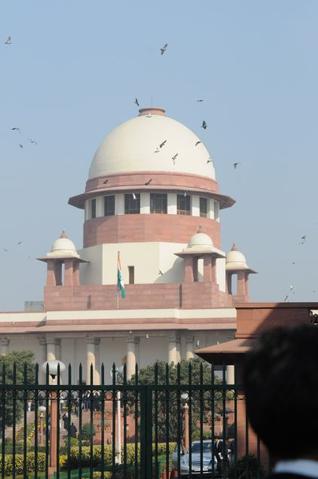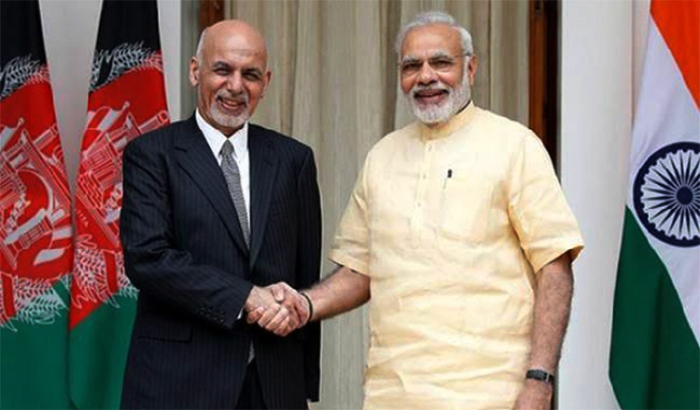
If Army authorities were not keen on court-martial proceedings, the Central Bureau of Investigation could seek sanction from the Centre for prosecution of the erring officers, said a Bench of Justices B.S. Chauhan and Swatanter Kumar.
The case of killing of five civilians in the March 2000 Pathribal encounter has been pending in a Srinagar trial court with both the Army authorities and the officers challenging the Magistrate's order which asked the Army to explain, under Section 125 of the Army Act, whether it would try its men or wanted the civilian court to do the job. As the Jammu and Kashmir High Court ruled against them, the Army personnel appealed to the Supreme Court.
The CBI maintained that no sanction was necessary to prosecute the erring officers under the Armed Forces (Special Powers) Act (AFSPA) as the cold-blooded murders could not be said to fall within the ambit of their official duties.
In Assam, the CBI completed the investigation and filed charge sheet against seven Army personnel in the Court of Special Judicial Magistrate, Kamrup, under Section 302/201 read with Section 109 of the Indian Penal Code, for killing five civilians in a fake encounter. In this case, the Centre maintained that sanction from the competent authority was required for the prosecution of Army personnel.
Writing the judgment, Justice Chauhan said: “The competent Army Authority has to exercise his discretion as to whether the trial would be by a court-martial or a criminal court after the filing of the charge sheet and not after cognisance of the offence is taken by the court. A conjoint reading of the relevant statutory provisions and rules makes it clear that the term ‘institution' contained in Section 7 of the Act 1990 means taking cognisance of the offence and not mere presentation of the charge sheet by the investigating agency.”
Rejecting the Centre's stand that the Army personnel facing the CBI charge sheet could not be tried as they were discharging their official duty, the Bench said: “Facts of this case require sanction of the Central government to proceed with the criminal prosecution/trial. In case option is made to try the accused by a court-martial, sanction of the Central government is not required.”






Comments
Add new comment